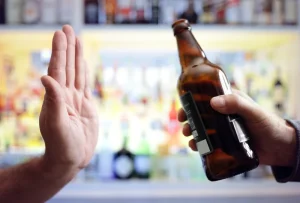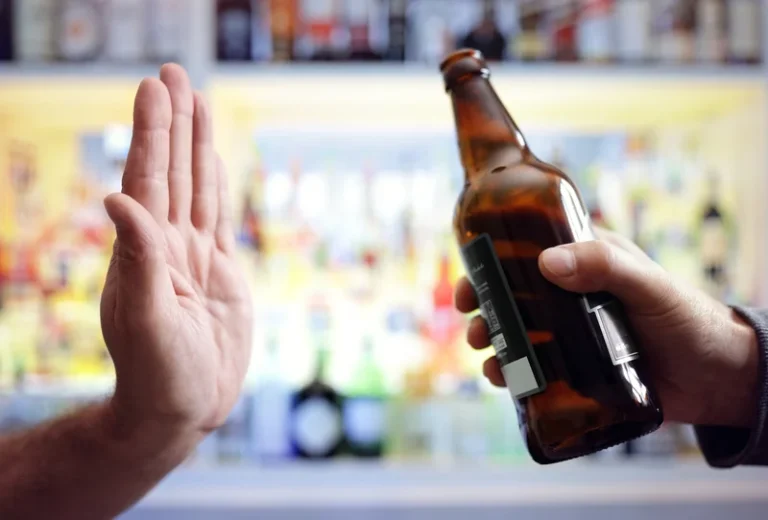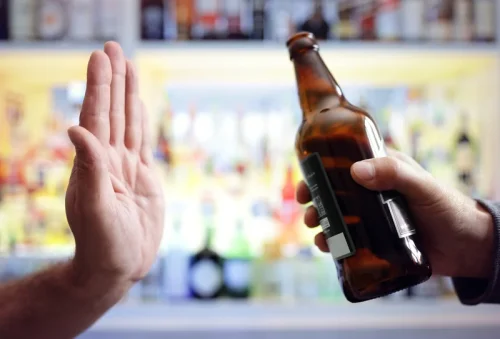
SAMHSA recommends that people find ways to exercise their minds and bodies to prevent themselves from relapsing during the protracted withdrawal phase. According to theNational Center for Complementary and Integrative Health, meditation is a mind-body activity intended to promote calm and relaxation and help people cope with illnesses and improve well-being. It involves sitting comfortably in a quiet setting, focusing your attention and allowing thoughts and distractions to pass without assessing them. The emotional benefits of meditation foster a greater sense of self-worth, hope, and connection – all of which are substantial for sustained addiction recovery and overall life satisfaction. Meditation therapy works for addiction by targeting key physiological and psychological mechanisms that underlie substance use disorders.
Center for Teens, Young Adults and Families

Many people addiction meditation kundalini report that mindfulness meditation, in combination with other forms of therapy, helps stabilize mood and promotes a sense of peace. Mindfulness meditation supports healing from substance use disorders by easing intrusive thoughts and reducing withdrawal symptoms. It also enables you to focus on self-care and emotional regulation. Pre-pandemic studies indicated that more than 85% of individuals relapse and return to drug use within one year of treatment. With the convergence of a pandemic and an addiction epidemic, those attempting to recover from substance use disorders (SUDS) are more vulnerable to relapse than ever before.

Explore our addiction and mental health services for ages 12-25

In a typical mindfulness practice, individuals learn to focus on their breath, bodily sensations, or an object of meditation. When cravings arise, they can use these techniques to bring their attention back to the present moment, rather than being consumed by the desire for drugs or alcohol. This practice helps individuals build resilience against cravings and reinforces their commitment to sobriety. In the context of addiction recovery, meditation serves as a key ally. One of its primary benefits is in managing cravings and withdrawal symptoms, common hurdles in the journey toward sobriety. By fostering mindfulness, meditation helps individuals observe their cravings without acting on them, effectively reducing their intensity and frequency.

Medical Reviewer
Focusing on the breath can restore a sense of calm and control that keeps our recovery on track. Meditation in recovery can help people unlearn these neurocognitive mechanisms and learn better ways to handle their emotions. Our state-specific resource guides offer a comprehensive overview of drug and alcohol addiction treatment options available in your area. In guided meditation, you will work with a trained meditation or mental health professional.
INSURANCE COVERAGE FOR ADDICTION TREATMENT

Morgan is a mental health counselor who works alongside individuals of all backgrounds struggling with eating disorders. Morgan is freelance mental health and creative writer who regularly contributes to publications including, Psychology Today. If you’re in professional addiction treatment, you can consult with your care team to incorporate meditation into your treatment and even learn advanced skills. Building new skills does not happen quickly, so patience while learning and practicing this new coping technique is essential. After the meditation, you will reflect on your experience, receive tips for independent practice, and discuss plans for future sessions.
Support Our Mission
Cravings are one of the most challenging aspects of recovery, but mindfulness can be a powerful tool for managing them. Rather than trying to suppress or avoid cravings, mindfulness teaches individuals to observe them without reacting impulsively. This non-reactive approach allows people to acknowledge their cravings, understand that they are temporary, and let them pass without giving in to the urge to use substances. People in early recovery typically experience mood swings, described by some as an emotional rollercoaster. By training the mind to focus on one thing—a sound, word, or breath—at a time, meditation helps recovering addicts maintain a degree of Sober living house emotional balance. In our nurturing inpatient residential rehabilitation environment, individuals can focus wholly on recovery, while our dual diagnosis program addresses the intricate relationship between addiction and mental health, fostering holistic healing.
- As individuals gain clarity about their values and priorities, they can make more conscious choices that support their recovery and overall well-being.
- This means treating the underlying mental health issues at the root of addiction and providing patients with tools they need for a healthier, more satisfying life.
- Ready to take your recovery from alcohol and drug addiction to a whole new level?
- By melting away a lifetime of anger, depression, and anxiety, meditation effectively raises your maximum stress threshold, leaving you immune to all addictions.
- Initiating a meditation practice can seem intimidating, particularly for those who are new to it or find it difficult to focus and stay still.
- She states, “substance abusers will often attempt to consume the same amount they were accustomed to consuming during the height of their abuse which could result in overdose and even death.”
Spiritual Benefits
We offer a full continuum of care on our campus – from admissions to discharge, guiding and supporting you every step. Additionally, the Affordable Care Act (ACA) requires insurance companies to provide coverage for addiction treatments in Florida. This means that insurance plans sold through the ACA marketplace must cover addiction treatment services, including detoxification, inpatient and outpatient treatment, and aftercare programs. However, the specific details of coverage may vary depending on the insurance plan and the individual’s specific situation.
They may be able to give you some resources or utilize substance abuse therapies that incorporate mindfulness or other form of meditation in your therapy sessions. Terry Hurley is a retired educational professional and freelance writer with more than fifty years of experience. A former reading specialist and learning center director, Terry loved her years working with children in the educational field.
